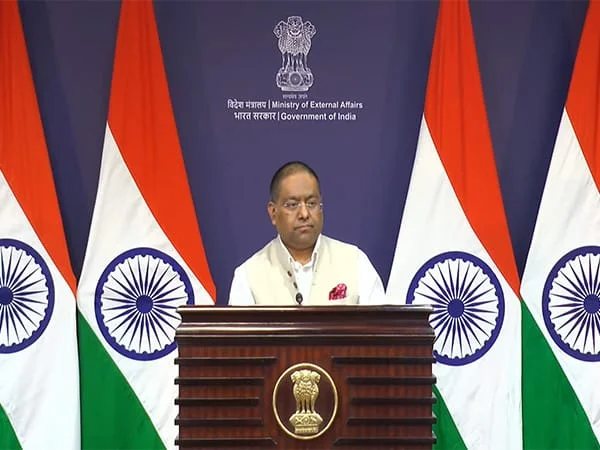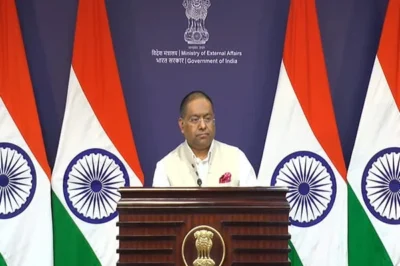
China’s Repeated Renaming Efforts Spark Diplomatic Tensions
In a firm response to China’s latest attempt to rename 27 locations in Arunachal Pradesh, India has reiterated that the north-eastern state is and will always remain an integral part of its territory. The Indian Ministry of External Affairs (MEA) dismissed China’s actions as “preposterous,” emphasizing that assigning invented names does not alter the reality of India’s sovereignty over the region.
Historical Context of the Dispute
This is not the first time China has engaged in such renaming exercises. Previous attempts were made in 2017, 2021, 2023, and 2024, often coinciding with significant events such as the Dalai Lama’s visits or G20 events hosted in the region. China refers to Arunachal Pradesh as ‘Zangnan’ and claims it as part of southern Tibet. However, India has consistently rejected these claims, asserting that the region’s status remains unchanged.
Political and Strategic Implications
The timing of China’s latest renaming attempt, following military clashes between India and Pakistan, suggests a strategic move to assert territorial claims. India views these actions as part of China’s broader strategy of coercive diplomacy. In response, India has called for stronger diplomatic measures to counteract China’s provocative actions.
Voices from Arunachal Pradesh
Former Arunachal Pradesh Chief Minister Nabam Tuki has urged the Indian government to take decisive action against China’s repeated renaming of places within the state. He described these actions as an affront to India’s sovereignty and an insult to the Modi government. Tuki emphasized that the people of Arunachal Pradesh are deeply patriotic and fully integrated into the Indian nation. He called for the matter to be raised at international forums to reaffirm India’s territorial integrity.
International Reactions and Media Coverage
China’s renaming efforts have not only drawn criticism from India but have also attracted attention from international media. Chinese state media outlets, including Global Times and Xinhua, had their accounts withheld in India, likely in response to the ongoing dispute. This move reflects the broader geopolitical tensions and the international community’s interest in the region’s stability.
Conclusion
India’s steadfast rejection of China’s renaming attempts underscores its unwavering commitment to safeguarding its territorial integrity. While China may continue its provocative actions, India’s position remains clear: Arunachal Pradesh is, has been, and will always be an integral part of India. The situation highlights the complexities of international diplomacy and the challenges of addressing territorial disputes in the modern geopolitical landscape.








































Leave a Reply